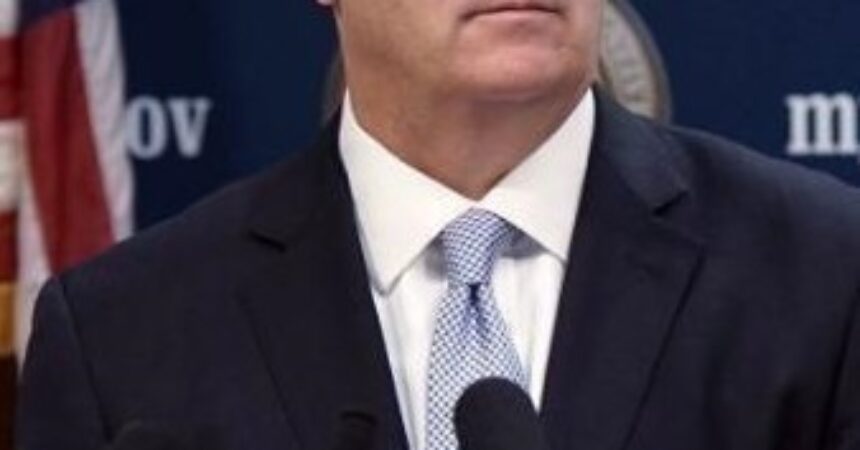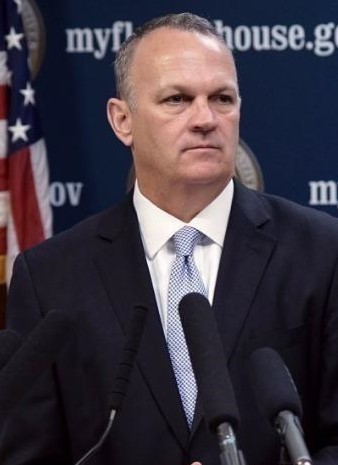
Some teachers still waiting for raises

Photo submitted by NSF
By Ryan Dailey
News Service of Florida
Teachers in 23 Florida school districts have not seen pay increases promised by the Legislature when it approved spending $500 million last year to raise educator salaries.
The state has approved salary-distribution plans for 44 districts, clearing the way for teachers to get pay increases. But that leaves about a third of the state’s 67 districts unable to distribute their shares of the money.
Jacob Oliva, chancellor of the Division of Public Schools at the Florida Department of Education, told the State Board of Education last Wednesday about 50 percent of teachers in the state have received pay increases.
“This investment is the single largest compensation increase ever in Florida and a statement to the nation that Florida is elevating the teaching profession,” Oliva said during a board meeting in Daytona Beach.
The Department of Education is still reviewing 12 districts’ plans, while funding for pay increases in 11 districts is tied up in local negotiations. Six of those 11 districts are at impasses with local teachers unions.
Of the $500 million approved last year by lawmakers, $400 million was earmarked for increasing minimum salaries for teachers to $47,500 or the maximum amounts possible under the districts’ allocations. The remaining $100 million was intended to raise pay for veteran teachers and other employees.
Education Commissioner Richard Corcoran, a former Republican speaker of the Florida House who has long criticized teachers unions, accused some unions of putting raises on hold while teachers in other districts had salary increases in time for the holidays.
“These same teachers had Christmas with their families. These same teachers would have loved to have the money that’s sitting there for them to get for Christmas, for whatever, for a car payment,” Corcoran said, decrying “the union bosses who are literally fighting the clearly worded statute to get these dollars to our teachers.”
Corcoran said his agency encouraged districts negotiating with unions to “push them aside and go to impasse,” adding that the unions “will lose” when the disputes are resolved.
“They’re unruly, they’re completely unwilling to recognize clear facts, they’re irrational … not good-hearted,” Corcoran said of union representatives.
The state’s largest teachers union, the Florida Education Association, responded to Corcoran’s criticisms last Wednesday on Twitter.
“As the 2021 legislative session gets underway, if lawmakers want to help students by curbing the massive teacher shortage, the focus should be on ensuring the funding for TSA increases and the bureaucratic red tape attached to them decreases,” the statewide union tweeted. “Let’s be honest, the strings attached to Teacher Salary Allocation funds resulted in unfair distribution which pitted educators against one another.”
Andrew Spar, the union’s president, tweeted ahead of last Wednesday’s State Board of Education meeting, “I wonder if they will mention how ill-conceived this plan is and how many educators were left out.”
The union’s criticisms echo questions frequently asked during last year’s session about whether longtime classroom teachers would be left out of increases as the state pushed to increase minimum salaries. The 2021 session will start March 2.
Oliva told the board the 11 districts still in talks are “at different parts of the negotiation.”
“Some have reached a tentative agreement, but it hasn’t been ratified locally,” Oliva said.
“Or they have a tentative agreement that has been ratified, but hasn’t been adopted on a school board agenda.”
Oliva said he anticipates those districts’ plans will be submitted in the coming weeks.
Teacher pay raises were one of Gov. Ron DeSantis’ marquee priorities in 2020, which he dubbed “the year of the teacher.” But while the pay increases were approved, a shortage of teachers in the state appears to be worsening.
The state board heard last Wednesday that the Department of Education’s list of critical teacher-shortage areas grew this year, with Earth and space science joining eight other subject areas where more certified teachers have been needed. Among those subjects are general science, English as a second language, exceptional student education, reading and English.







